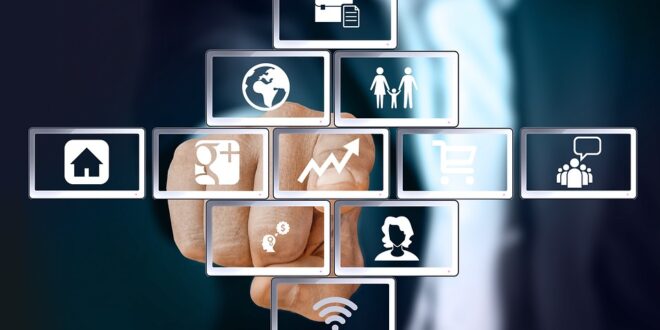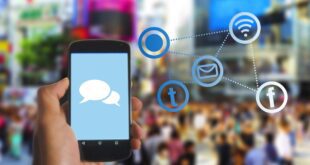The Human Side of IoT: How it’s Changing Relationships and Society
Impact on Relationships
The Internet of Things (IoT) has made its way into our everyday lives, revolutionizing the way we interact with objects and people around us. IoT devices, from smart speakers to wearable technology, have not only streamlined tasks but also altered the way we build and nurture relationships. It’s no longer just about connecting with each other; it’s about connecting through technology.
Gone are the days when sending messages or making phone calls were the only means of communication. IoT has opened up new avenues, enabling constant connection and facilitating real-time interactions. With the help of smart home assistants, like Siri or Alexa, couples can share and fulfill tasks together effortlessly. Whether it’s ordering groceries, setting reminders, or controlling the thermostat, IoT ensures that the sharing of responsibilities spans across households.
Furthermore, IoT has allowed the long-distance relationships to thrive. Through video calls, GPS tracking, and ambient sensors, partners can feel connected even from afar. IoT technology has successfully bridged the physical gap, incorporating data and intimacy to keep relationships lively and engaging.
The Evolution of Society
IoT has heralded a new era in society, transforming the way we interact and perceive the world around us. From healthcare to transportation, various aspects of our lives have significantly changed due to the advent of IoT.
For instance, in the healthcare industry, IoT devices have become instrumental in monitoring the well-being of individuals. Wearable devices can track physical activities, heart rate, sleep patterns, and even prevent potential emergencies by analyzing vital signs. Patients can share this data with healthcare professionals remotely, minimizing hospital visits and ensuring personalized care.
Moreover, IoT has modernized transportation systems, making them more efficient and sustainable. Smart traffic management systems prioritize reducing congestion, while interconnected vehicles communicate with each other, increasing road safety. Integrated public transport enables better coordination, making commuting a hassle-free experience for individuals.
This societal transformation isn’t just limited to commerce or healthcare. IoT has opened doors for innovation, helping tackle climate change and build environmentally-friendly cities. By collecting and analyzing data on energy consumption and pollution levels, IoT enables sustainable solutions and conscious decision-making for a brighter future.
Conclusion
The Human Side of IoT undoubtedly holds countless opportunities and marvels for our relationships and society as a whole. As technology advances, it brings us closer and enhances our daily experiences. IoT ensures that no matter the physical distance, our interactions and relationships can thrive. It enables us to become more connected, efficient, and environmentally conscious.
So, embrace the cheerful possibilities that IoT offers, and allow it to enrich and transform your relationships and the society we live in!
 Mind Uncharted Explore. Discover. Learn.
Mind Uncharted Explore. Discover. Learn.




